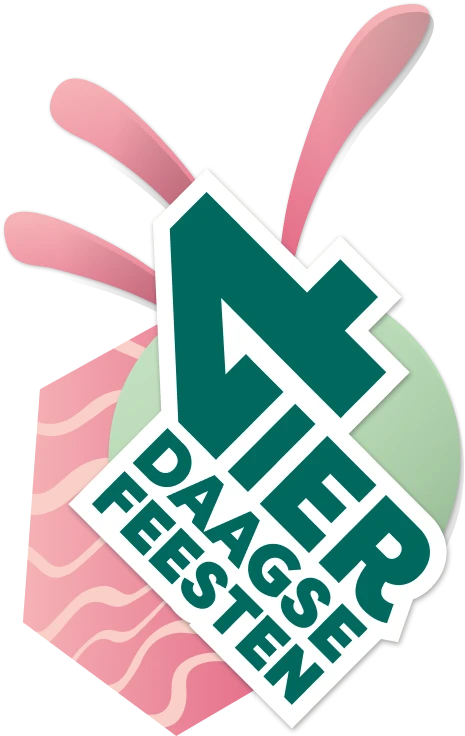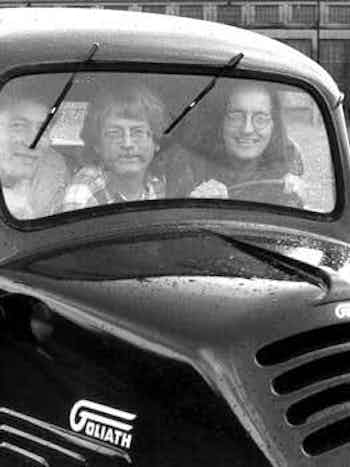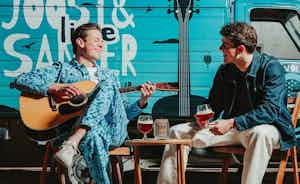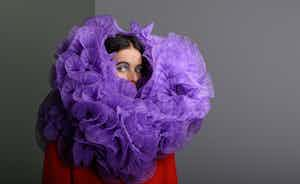The Amazing Stroopwafels
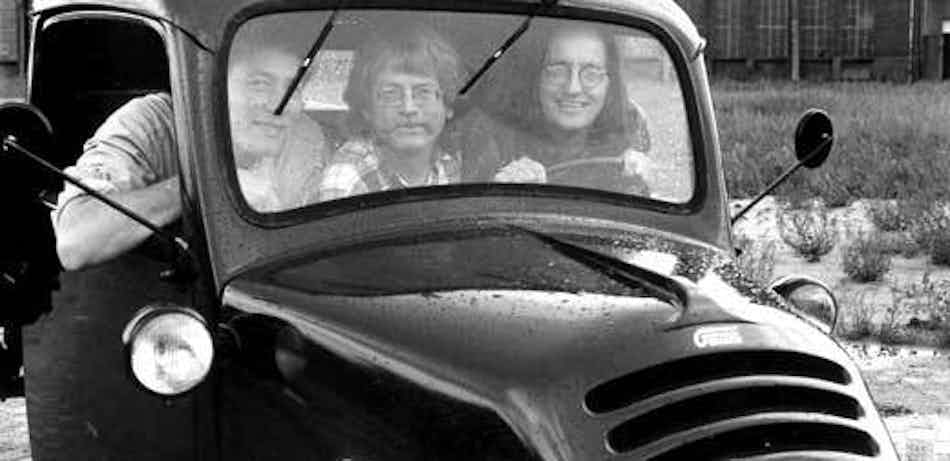

Theme
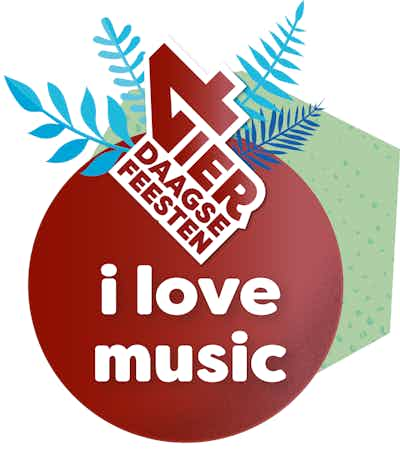

I love music
Already discovering what can be seen at Lowlands next year? There are plenty of gems to discover…
Location & stage


Sint Jacobskapel
In the Old Lower Town of Nijmegen, a small chapel from the 15th century has been preserved as a…
